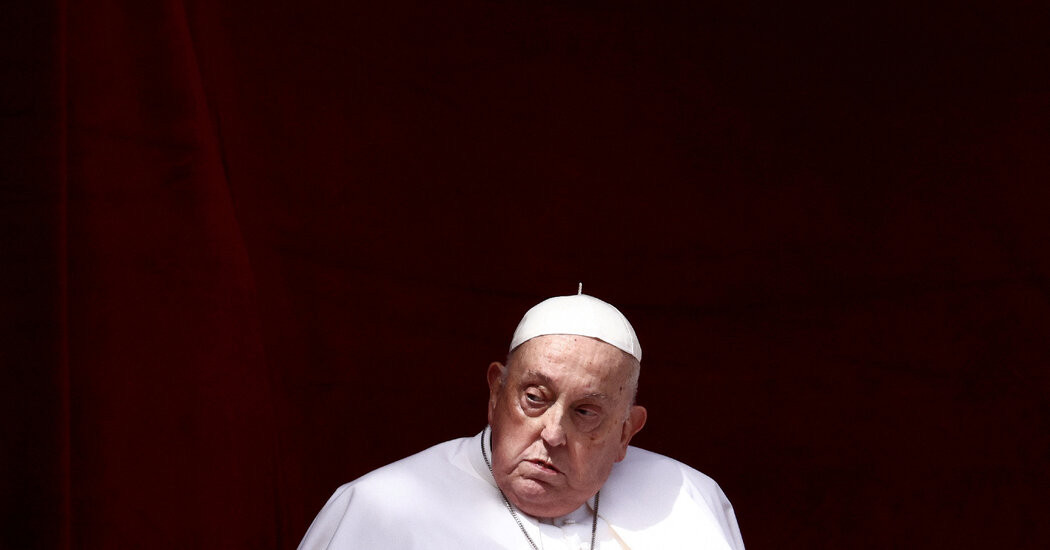

Liberals hoped he’d ordain women or allow gay marriage. Conservatives thought he’d tear up Church doctrine. But his papacy favored debate over radical action.
When Pope Francis convened Roman Catholic bishops at the Vatican in 2019 to discuss the ordination of married men in remote parts of South America, the meeting raised expectations about the possibility of revolutionizing the celibate priesthood.
The bishops recommended he do it, and Francis himself had long said he wanted change in the church to come from the bottom up.
But Francis ultimately balked, deciding that the church wasn’t yet ready to lift a roughly 1,000-year-old restriction. Many of his supporters, who expected him to be a pope of radical change, felt let down.
It was a salient example of how Francis, who died on Monday at 88, was a pope of great, often outsized, expectations. His revolutionary and freewheeling style led Catholics across the spectrum to invest him with their most ambitious — at times unrealistic — hopes and fears, sometimes independent of what he said or did.
Some liberal Catholics, forgetting Francis was the leader of a deeply conservative institution, expected him to make women priests, change teaching on birth control or throw his weight behind same sex unions and gay marriage. Some conservatives, including a few who convinced themselves that the Argentine pope was a secret Communist, worried he would torch the church doctrine, even though he never touched it.



